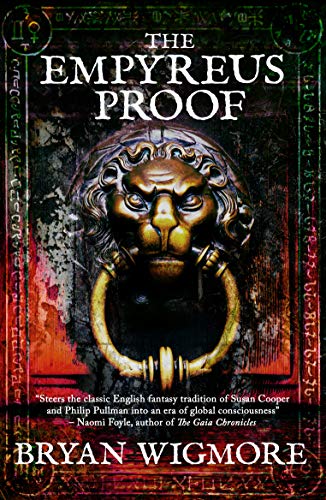Its been a hectic few weeks here, which I've made more hectic by reading multiple books at once. So rather than decide which one to waffle on about, I decided to write small reviews of them all...
The House of Shattered Wings by Aliette de Bodard - De Bodard’s style here reminds me of Guy Gavriel Kay, for better and for worse. She has Kay’s taste for the semi-historical setting, for the usage of humble (and not so humble) characters amid grand events, for elegant and poetic prose and slow-developing epic narratives. It is captivating, but patience testing enough to counter that captivation. De Bodard’s characters seem to lack the grand exuberant passion of Kay’s character, which make them that unfortunate tad less interesting. Nevertheless, I am excited to see how this progresses, particularly Phillipe’s story. If the Kay comparison holds true, this will have one hell of an ending.
Blood of Assassins by RJ Barker - There’s a neat, nifty and unfortunate trait here. Barker has shifted the tone of the book considerably to show Girton’s maturation into a bitter young man. I marvel at the skill but mourn at the loss of the warm wry narrative voice. That’s part of the reason I like this sequel less than its predecessor. The other part would be a large and underdeveloped cast that doesn’t have the great appeal of those in Age of Assassins, and the underuse of the wonderful Merela Karn. In short, most of the book’s problems stem from comparison to Age of Assassins. This means you should read Age of Assassins, because its such an impossible to reach benchmark. You should also read Blood of Assassins if you do, because it’s still an exciting fantasy romp with a little bit of everything.
The Empyreus Proof by Bryan Wigmore - I read this as a beta and I’m currently re-reading it to do a proper review. There’s an interesting contrast in how to do a sequel between this and the above title. Blood of Assassins resolutely follows Girton’s journey; The Empyreus Proof spreads its net wide as the main characters from the last book spread out, pursue other paths and meet others. In general, I prefer the latter I think, or at least when done right. Wigmore’s Not-Quite Edwardian era world is interesting, as is his magic, but the real star turn here comes from the characters’ narrative arcs. The exploration of character, of identity and humanity is something Wigmore does as well as anyone - and the fantasy is here to serve that, not obscure that.
The Eagle's Flight by Daniel E. Olesen - I do not mean to presume at knowing an author’s mind, but my guess is Olsen wrote this after looking at SoIaF and LotR and thinking: “We need something with SoIaF’s political machinations and semi-hard historical setting married to LotR’s archaic tone and wide spread view.” The result is something fascinating and almost daunting. In tune with the current demand for blood and guts adventures it is not but personally that makes Flight of Eagles a welcome change of pace. It feels genuinely epic and while I sometimes chafed at the slow pace, I always wanted to know what happened next. I urge anyone who thinks those themes sound interesting to get involved.
Hell of a Deal: Demon Trader by Mark Huntley-James - Written by my most recent interview victim (assuming he forgives me recently flaking out for a couple of weeks), Hell of a Deal is a very different beast to the rest of those on display here. A comedic urban fantasy about a man broking deals with hell, it reminds me somewhat of Robert Rankin or Good Omens in the way it deals with British life side by side with the occult. It’s a combination that is very close to my heart and enlivened by a sense of the absurd that’s very similar to Rankin too. Well worth a look.





No comments:
Post a Comment